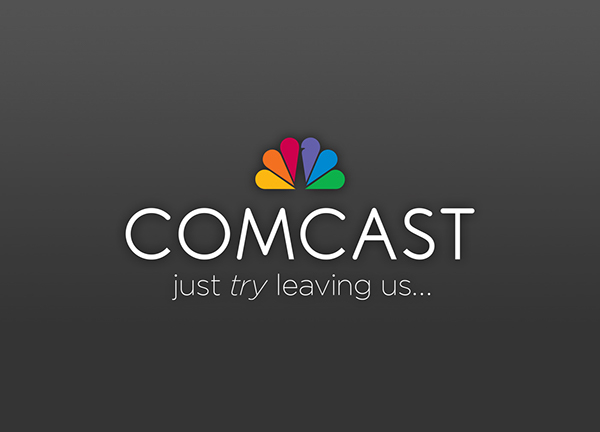Cable boxes are one of the biggest money sucks in pay TV (and when we’re talking about an industry that charges you money to watch ads, that’s a serious statement). The FCC has voted on a plan to open up the cable box market to competition, which would allow you to buy your own, technologically advanced box, rather than renting forever from your cable company.
Cable companies make $20 billion a year from rental fees, so would you like to guess how enthusiastic Comcast is about the new plan?
The FCC’s idea would force cable companies to open up access to their networks to third-party vendors, so that Google or Apple (or anyone else) could make a set-top box that would access all your TV channels.
Yes, that same box would likely also let you stream Netflix or YouTube or any other number of other TV services, something that cable companies have been carefully avoiding for years. But in a meeting with the FCC, it seems like Comcast is trying to shut down the idea at source.
In a filing spotted by Fierce Cable, Comcast told the FCC that its plan was “not feasible for a variety of reasons,” including that it would hamper Comcast’s ability to “support rapidly evolving entertainment technologies.”
You read that right: Comcast, a company that hasn’t worked out how telephone customer service works, is worried that opening up access to its system will hamper innovation.
Surprisingly, this isn’t even the first time that Comcast has used this line. When the FCC’s proposal first came out, Comcast published a blog literally titled “FCC Action Could Stifle TV Innovation.” In 1,000 words of corporatese, Comcast failed to mention one single innovation it has pioneered this millenium — the only thing it points to are its apps, which it was forced to create as a result of competition. (And even then, they suck.)
Comcast’s response to the FCC is exactly what you’d expect from a monopolist trying to protect billions of dollars in easy profit: a mixture of half-baked protests about stifling non-existent innovation, along with a list of how much these changes are going to cost it (and by implication, its customers). Hopefully, the FCC will have the stones to see things through.










